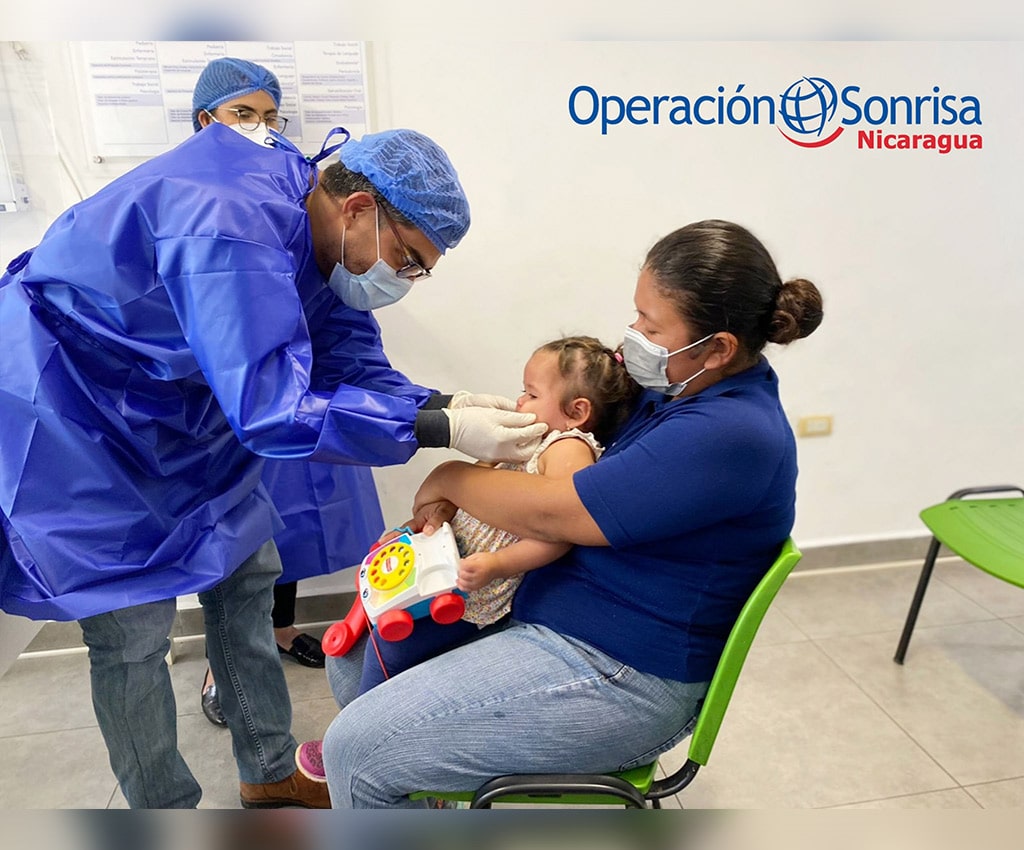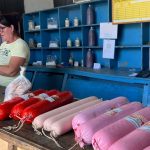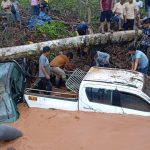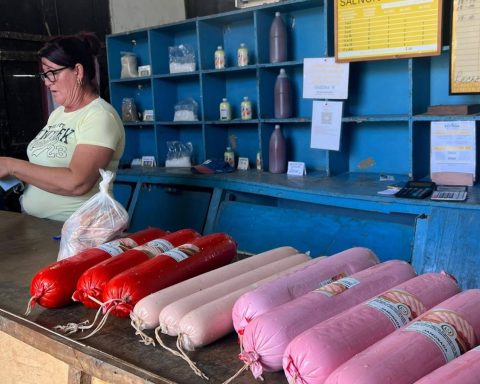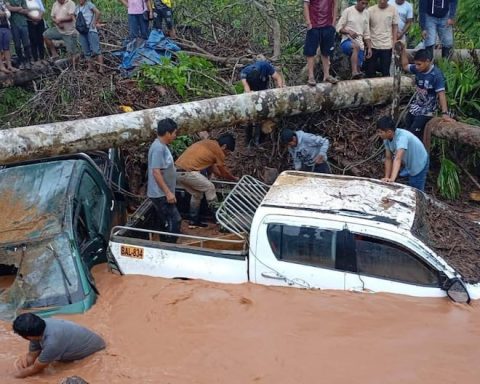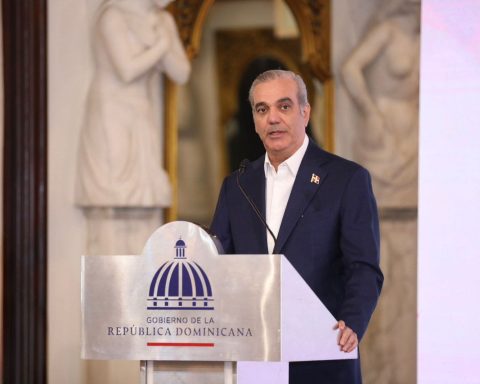“Orlando” It is not clear to her how and where she will continue the treatment of her five-year-old son, who was born with a bilateral cleft lip and palate. It was devastating for him to learn about the cancellation of the legal status of Operación Sonrisa, on March 17, one day before he will make a national collection to raise funds for the surgery and treatment program for children born with this malformation.
“I was very shocked. I couldn’t help crying. It was as if they threw a barrel of ice water at me and I just thought: now what am I going to do, ”says the man, originally from Carazo, who asked not to be identified for fear of reprisals.
Her son joined the Operation Smile program since he was born. At five years old, he has already had three surgeries, performed free of charge in this program and before that “tragic day” – when the National Assembly canceled, by order of the Ministry of the Interior (Migob), 25 NGOs at once – he was in the process to have a fourth operation done.
“I called them when they closed and they told me that in a month they would call us to reschedule an appointment, they did not tell us if the program was still going on, or if it was completely closed, but they were doing everything possible so that it would not be closed,” explains the family Guy.
More than five thousand beneficiaries
The Operación Sonrisa program is made up of volunteer medical personnel who donate their time and knowledge for these children. They have been in Nicaragua for more than 27 years and the operations are performed in public hospitals in the country.
Fátima Almendárez, patient manager of Operación Sonrisa Nicaragua, explained that, until last January, they have carried out at least 50 surgical missions in the country, in which they have benefited more than five thousand childrenadolescents and adults.
In 2021 alone, the Nicaragua Smile Operation program provided 31,577 follow-up consultations to more than 2,000 patients, many from rural areas, and carried out ten missions in which it benefited 202 patients with cleft lip and cleft palate surgeries.
In the first mission of 2022, carried out last February, they added 17 more surgeries, as reported on their social networks. However, the rest of this year’s surgical program, which was carried out together with the Ministry of Health (Minsa), was left up in the air after the Migob’s decision.
Children receive a long treatment
Reyna Hernic finds no words to express her gratitude to the volunteers of Operación Sonrisa. Her daughter, Belén, who was born with a cleft lip and palate, is already 20 years old, but is in the last stage of her treatment after a lifetime of surgeries, therapies and medical processes that have significantly improved the quality of her life. life of her
“We do not have how to pay all the volunteers of Operation Smile. We can’t say anything other than thank you. Now we don’t know what direction this (the program) is going to take, but I feel very grateful for everything they have done over the years for my daughter,” she says.
However, Reyna feels sad for all the children who were just beginning the process or who are being born with this malformation. “This is a long process. My daughter and I have been together for 20 years, and she is still receiving dental treatment,” she laments.
It is estimated that in Nicaragua one in five babies are born with a cleft lip and palate malformation. Because of this, children begin a long process of reconstruction, medical and psychological care. In the first year of life they receive their first two surgeries and at 18 months a third is added. Later, as they grow, they perform other aesthetic operations.
During the process, children and parents receive psychological monitoring, speech therapy, dental treatment, which before programs like these existed was even more exhausting.
“My daughter did not have her first operations with Operation Smile because when she was born they were not yet established in Nicaragua. They came to the country to operate on ships, planes, ports (…) It was not until she was 12 years old that she started following up with the program and it was much easier”, she explains.
According to her account, before joining Operation Smile, she and her daughter had to seek medical care in public hospitals and in other care centers such as Los Pipitos. Those first years were exhausting for her because they also did not have the financial means to pay for private medical care. However, by joining the program, her daughter was able to receive the treatment at no cost and in the same place.
You help the poorest
Orlando explains during the five years that his son has received medical attention and surgeries by Operation Smile, he has never paid a cordoba. The only expenses that he has assumed are the tickets, but he knows that low-income people receive help to get around and even to stay.
“I know that there are people who come from far away, from very remote areas of the country and those from Operation Smile give them travel expenses. They help them. The only difference is that these people do not go to the clinic as often as those of us who live closer, ”he explains.
On the Facebook page of Operación Sonrisa, there is a record of benefited children who live on the Caribbean Coast. One of the cases they describe is that of Harving, a boy who traveled for three days with the only family member who spoke Spanish, from an indigenous community to be served in this program. Now the child has a better quality of life. Like this, there are hundreds of success stories.
“The program is very broad, excellent and it makes us sad that it will end because it really hurts us a lot for all those people who need all this attention today. We are trusting in the Lord that it can be followed above all by those children who are still in a process, a very long one by the way”, says Reyna Hernic.
Between 2018 and February 2022, the MiGob ordered the cancellation of legal status and registration of operations of 143 associations, NGOs and foundations. Of these 69 were suspended in the first three months of this year. The most affected by the closure of these spaces are the most vulnerable and poor people in the country.
